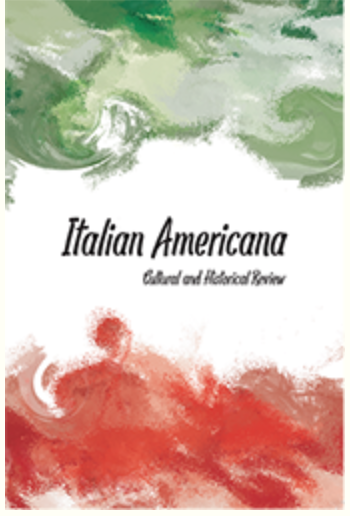Italian Americana, Summer 2016
Cooking with the Muse by Myra Kornfeld and Stephen Massimilla.
North Adams, MA: Tupelo Press, 2016.
by John Paul Russo
Book Review Editor
“I was going to write a poem,” opens one of Grace Paley’s poems in Cooking with the Muse, “I made a pie instead.” Kornfeld and Massimilla were going to write a cookbook; they made a kind of poem instead. They also wrote a cookbook, just as Paley also wrote a poem. Here in plenty are poems and seasonal recipes drawing on traditions from around the world, and splendid photographs by Grimaldi and Massimilla to illustrate them. Here are historical discussions, contemporary observations; course corrections (containing fewer toxins than muscle meat, “liver is making a comeback”—an assimilable multivitamin); analyses of fats such as butter, and of K2 (the vitamin, not the mountain); and the sundry ways and means of the culinary arts. Kornfeld’s background in real foods traditions is reflected throughout.
Yet what also makes this vast cookbook so unusual and outstanding is how its recipes are linked to hundreds of poems and prose selections from authors ranging from Homer to Herrick, from Milton (fennel’s “savory odor blown”) and Ben Jonson to Keats, Paul Lawrence Dunbar, Sylvia Plath, Mary Oliver, Claude McKay, and Jorie Graham, among many, many others. Over sixty poems, as well as a number of translations and over twenty literary-critical essays, are by Massimilla himself. (They’re accompanied by another two hundred Cook’s Notes and Poet’s Notes—from pointers and maxims to mini-essays—by the authors.) One poem is plum-colored, “like the sheen of an equine haunch”:
Black horses have a deep blue tint
to their eyes;
in the plum-dark night
they hang in the depths of sleep.
Massimilla’s suggestion of nightmare lingers in this hypnotic, hyper-real poem. Ditto “Synaesthetic End of Summer.” One hopes he will put together an additional collection of his astonishingly original poems on food.
With its wealth of detail and its numerous ways of approaching food, this book must surely have been a labor of love. One only regrets not finding that exquisite fragment by Praxilla:
Finest of all the things I have left is the light of the sun,
Next to that the brilliant stars and the face of the moon,
Cucumbers in their season, too …
trans. Bernard Knox
Sidebar: the authors avoid using that regrettable overused term “foodie.”
